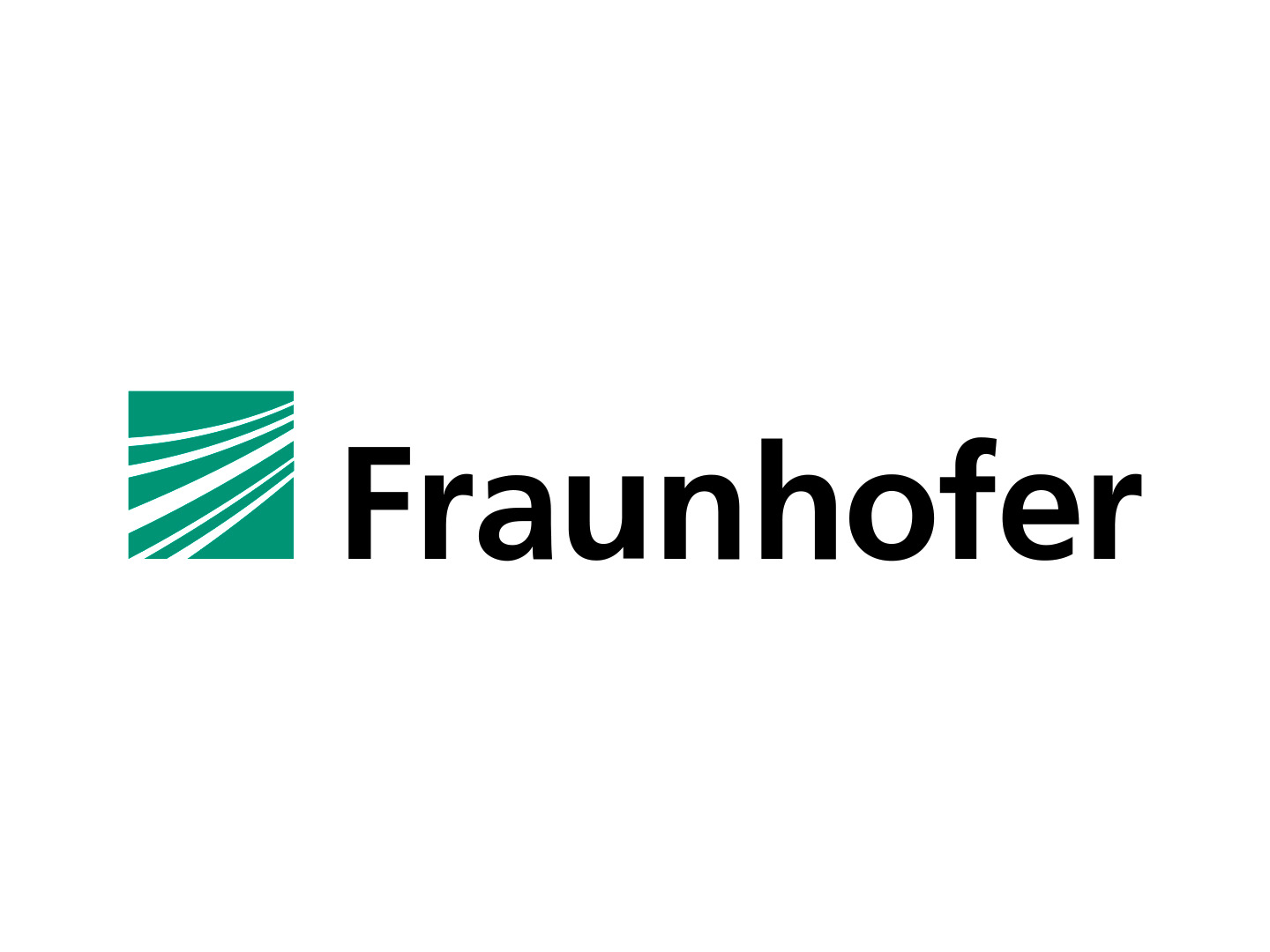The construction industry is characterized by segmented and linear rather than holistic and circular processes. This results in high material consumption, increased costs, a lot of time and effort. Building insulation in particular is a complex process that requires the interaction of various planning parameters.
A consortium of seven Fraunhofer Institutes under the leadership of Fraunhofer IBP is researching a holistic approach to increasing productivity in building renovation in the "Bau-DNS" lead project. To this end, the researchers are pursuing three strands that run in parallel and are optimized simultaneously: consistent data use, sustainable processes and systemic production. The construction process is being considered in an overarching manner and combines digitalization, industrialization and automation.
Digital - consistent use of data
The aim of the first project focus is to develop consistent building digitalization. With the help of a digital twin that allows consistent data storage and use across the entire life cycle, potential for increasing productivity can be identified. The building's digital data on geometry, material and properties means that not only one manufacturer can produce renovation modules, but that parallel production is also possible.
Sustainable - circular, CO2 -neutral, resource-conserving
In the second research focus, the material flow is to be brought into a closed cycle in order to ultimately transform the construction industry into a circular economy. In the future, it will be essential to recycle the valuable materials tied up in cities. In addition to the recyclable planning of renovation modules, information about the materials used is essential.
Systemic - individual, industrial and decentralized
The third focus is on the systemic and functional development of sustainable refurbishment modules. The aim here is to develop individual models from a modular system - open in terms of material and geometry. The parametrically planned modules are to be industrially prefabricated and assembled on-site. This also includes the areas of material and assembly logistics in the factory and on the construction site.
Fraunhofer UMSICHT is contributing its expertise to the "Bau-DNS" project, particularly in the areas of "material flows and materials", with the focus on increasing the circularity and CO2 neutrality of materials and systems. In addition to conventional and commercially available materials, they are also researching materials that are currently under development, such as aerogels and mushroom materials (substrate-based mycelium materials).
Aerogels and their further processing in combination with mineral coatings can be used in the construction sector, e.g. as a high-performance insulating material. Fraunhofer UMSICHT is researching cost-effective and energy-efficient manufacturing processes in this area. Mushroom materials are particularly sustainable and climate-friendly, as residual materials are used in the biotechnological manufacturing process. The CO2 bound in the residual materials remains in the workpiece. The result is a composite material without the use of additional adhesives or binders. This can create new circular material cycles and sustainable solutions for different and high-quality material applications - which is being investigated in the project in the context of building insulation.
 Fraunhofer Institute for Environmental, Safety and Energy Technology UMSICHT
Fraunhofer Institute for Environmental, Safety and Energy Technology UMSICHT